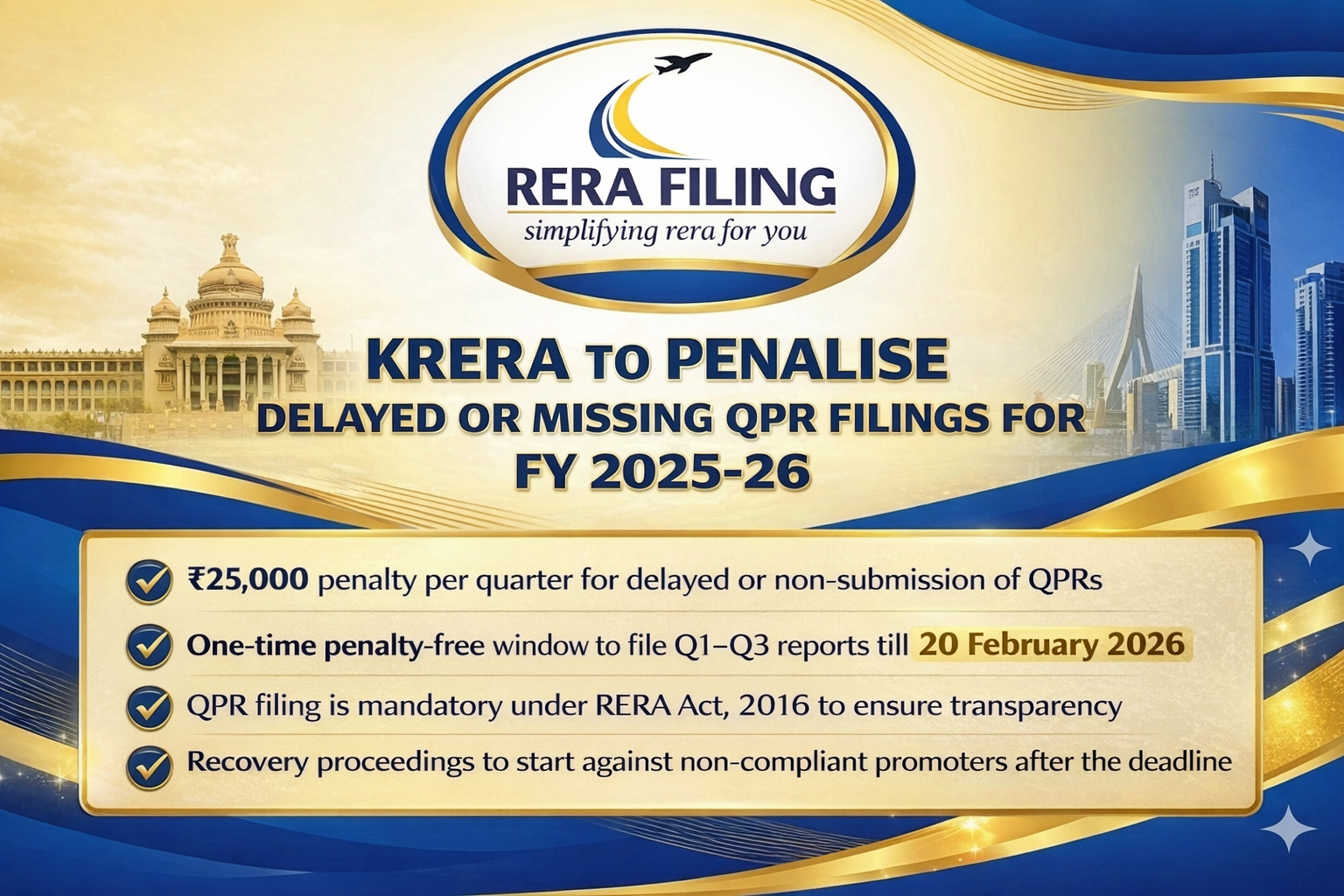
- General
- Author:
Highlights
-
Title verification is the process of checking and verifying property documents to determine legal ownership and any defects in the property title
-
A full search is conducted for at least thirty years for transactions such as sale and longterm lease.
-
In the case of transactions such as shortterm leave and licences a search limited to fifteen years is sufficient
-
Search Report is created based on the results of the title verification
In the context of real estate, the Title essentially refers to the rights arising from lawful property ownership. A clear title proves ownership conclusively. So, whenever there is a real estate transaction, a thorough title search is performed to ensure clear and marketable title because a defective title can land you in legal and financial trouble.
Title verification is the process of checking and verifying property documents to determine legal ownership and any defects in the property title. A title search is typically conducted for a period of twelve to thirty years, which can be extended or reduced depending on the objective of the party and the nature of the transaction.
Conducting a Title Verification before investing in real estate can protect you from scams and save you money. By performing Title Verification, you can ensure that the transferor is the true owner of the property and has the authority to transfer the property's rightful ownership or title is free of encumbrances and defects. Furthermore, such verification will assist you in mitigating the transaction's risk.
A full search is conducted for at least thirty years for transactions such as sale and long-term lease. Every aspect of the history of the property in question, such as the flow of ownership rights, encumbrances, and litigation status, is searched and scrutinised in detail for a full search.
In the case of transactions such as short-term leave and licences, a search limited to fifteen years is sufficient. It only covers recent transactional history, encumbrances, and disputes. Because title ownership isn't important in these transactions, if a dispute arises later, the licensee can simply vacate the property.
It is absolutely necessary to confirm that the transferor is the true owner of the property and has clear and marketable rights to it. This can be ensured by inspecting the original property-related documents and determining whether they correspond to public records held by local authorities. This includes any document evidencing ownership and transfer of title, such as a sale deed, conveyance deed, gift deed, will documents, deed of partition, and so on, and if the sale is made by a person holding power of attorney, the power of attorney must be carefully inspected.
It is very common for a property to be transacted and changed hands several times before. As a result, title verification includes not only checking and verifying the title of the current owner but also past owners. A chain of title is the historical record of the property's title. The inspection of the chain begins with the current owner and ends with the original owner of the property. All documents, from the mother deed to the most recent link deed, must be scrutinised.
All relevant documents giving effect to the transferability of property must be checked for legality and stamped and registered. These documents include a registered sale deed, conveyance deed, and title document of the current and previous owners, a gift deed, will documents, a lease deed, a partition deed, and so on.
The transferor's right to property ownership can be absolute or limited. When possession, enjoyment, and disposal rights are vested in the owner without restriction, ownership is said to be absolute; otherwise, ownership is said to be limited. To execute a valid transfer, the transferor must have absolute right to dispose.
Title verification is performed, and a Search Report is created based on the results of the title verification. Title verification is essentially a process, the outcome of which is concisely documented in a Search Report. Title Search Report contains a historical record of the title of the property and provides an accurate legal description of the property as to how the property has been transacted over time and whether there are any risks involved in the transaction that may adversely affect the title of the property, so you can be confident that you are investing in a legitimate property.
Copyright © 2026 RERA Filing. All rights reserved.

 Rera Act
Rera Act
 Maharashtra
Maharashtra
 Karnataka
Karnataka
 Telangana
Telangana
 Andhra Pradesh
Andhra Pradesh
 Delhi
Delhi
 Uttar Pradesh
Uttar Pradesh
 Haryana
Haryana
 Gujarat
Gujarat
 Bihar
Bihar









